Imagine a future where rare metals are no longer rare, and the riches of space are within reach. Asteroid mining—once science fiction—now stands on the brink of reality, promising to unlock trillions of dollars in resources from the cosmos. As private companies and governments accelerate plans to harvest asteroids, excitement is building alongside concerns about economic upheaval. Could these space ventures crash commodity prices or trigger new financial empires? The debate intensifies as the world prepares for a space-driven wealth revolution, challenging everything we know about scarcity, value, and global markets.
1. Trillions in Space: Asteroid Mining’s Jaw-Dropping Valuations
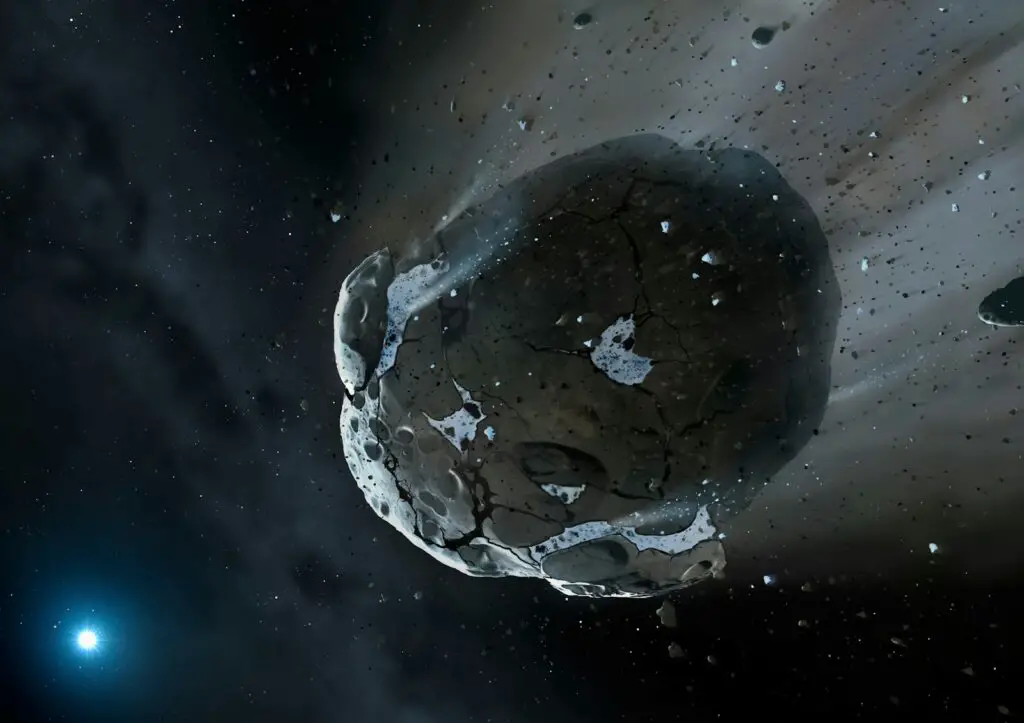
The sheer value locked within asteroids is staggering. Some estimate a single metallic asteroid could contain hundreds of billions—even trillions—of dollars in precious metals like platinum and gold. Astrophysicist Neil DeGrasse Tyson famously predicted that the first trillionaire will be a space miner. Such astronomical valuations have sparked a modern gold rush, with investors and entrepreneurs racing to stake their claim in this new frontier. The prospect is no longer distant fantasy; it’s rapidly becoming an economic reality, as outlined by CNBC.
2. The Asteroid 16 Psyche: $700 Quintillion in Metals
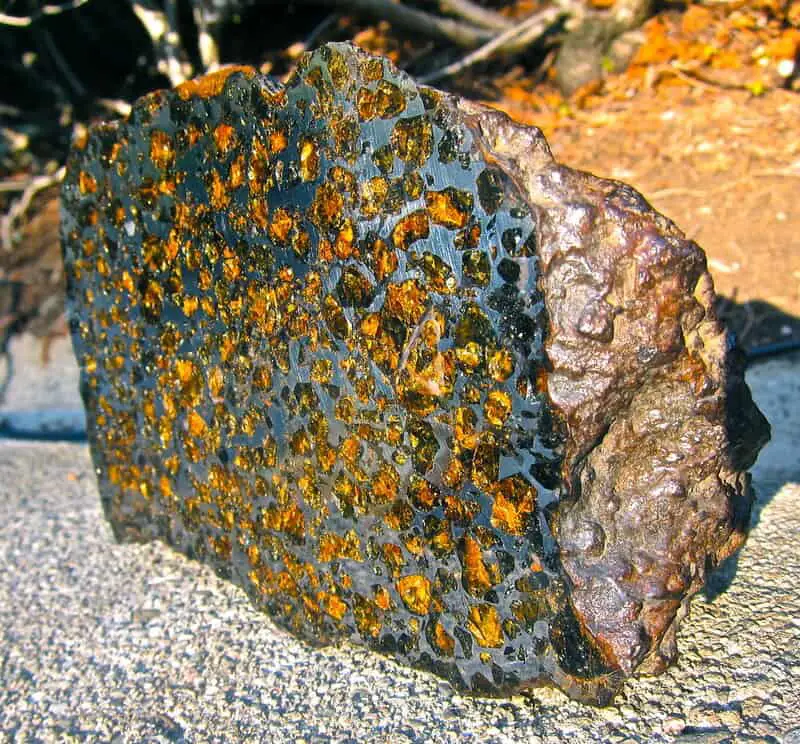
One asteroid stands out among the rest: 16 Psyche, a metallic giant residing in the asteroid belt. Scientists estimate it harbors an astonishing $700 quintillion worth of metals, including gold, nickel, and iron. If divided among Earth’s population, every person could theoretically become a billionaire overnight. However, unleashing such wealth would disrupt global markets and destabilize economies in unprecedented ways. This mind-boggling scenario is explored in detail by Smithsonian Magazine.
3. Asterank’s Top Ten: $1.5 Trillion in Near-Earth Profits
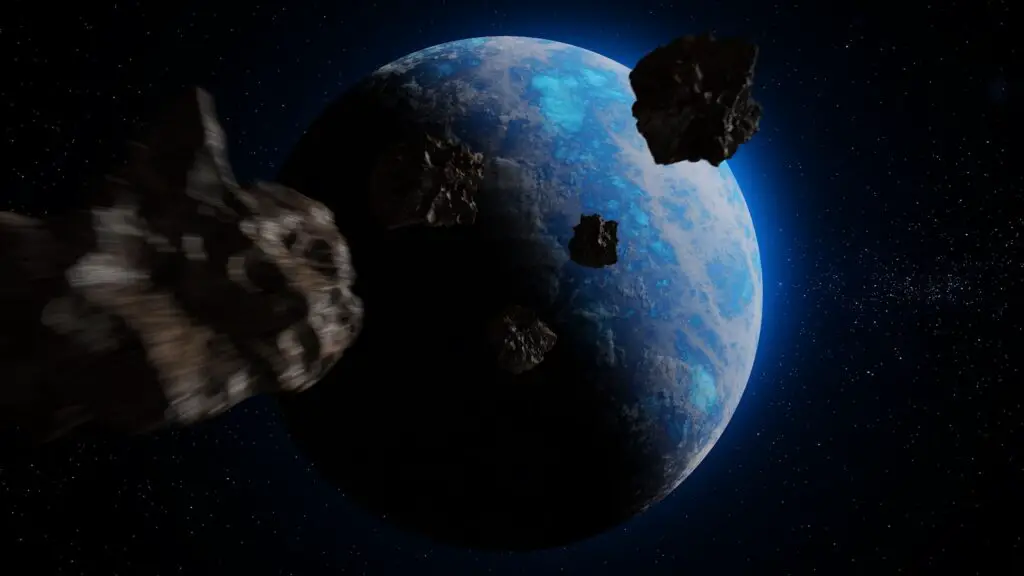
The Asterank database tracks thousands of asteroids, ranking them by value and accessibility. Remarkably, mining just the ten most profitable near-Earth asteroids could generate around $1.5 trillion in profits.
This figure surpasses the annual GDP of many nations, highlighting the immense financial stakes involved. For a deeper look at these lucrative targets, explore the data directly on Asterank.
4. Early Pioneers: Planetary Resources and Deep Space Industries

Visionary startups like Planetary Resources and Deep Space Industries were among the first to chase asteroid mining’s promise. Despite their bold ambitions, both companies faced overwhelming development costs and were ultimately acquired.
Their stories underscore the massive capital and technical hurdles involved in this industry, setting the stage for future players. More on their journeys can be found at Wikipedia.
5. NASA’s OSIRIS-REx Mission: Proof of Concept with a Price
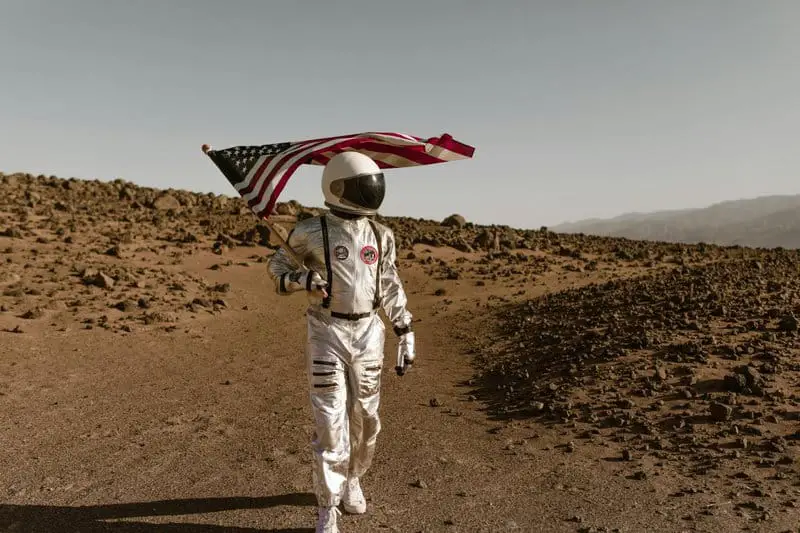
NASA’s OSIRIS-REx mission marked a historic milestone by successfully collecting and returning asteroid samples to Earth. However, this feat came with a hefty price tag—over $1 billion spent to retrieve less than one kilogram of material.
The mission highlights both the technical feasibility of asteroid mining and the formidable economic barriers that remain. For details on this groundbreaking mission, visit Wikipedia.
6. Water: The New Space Gold Rush
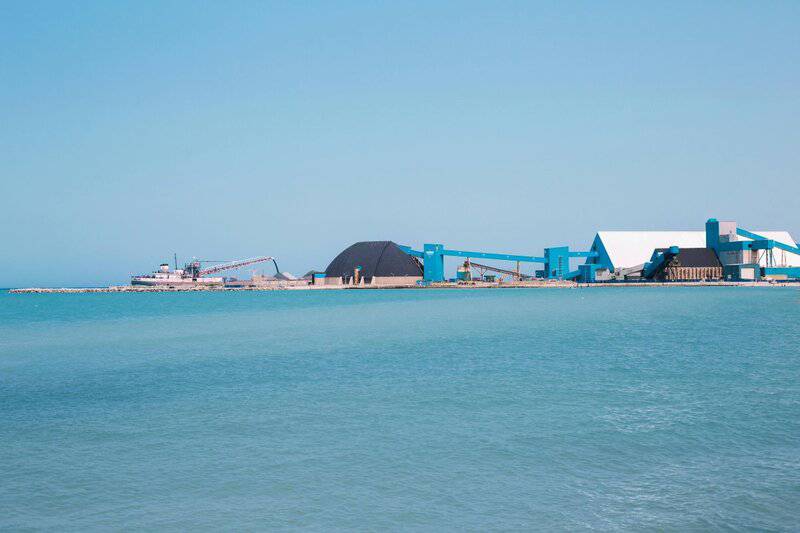
While precious metals make headlines, water is quickly becoming the prime commodity for asteroid mining. Water can be split into hydrogen and oxygen, providing vital rocket fuel and life support for future missions. This resource could revolutionize in-space logistics, making deep space travel more practical and cost-effective. Experts believe water mining will be a key driver of the next era in exploration, as discussed in the Milken Review.
7. Recent Missions: DART and Hayabusa’s Asteroid Insights
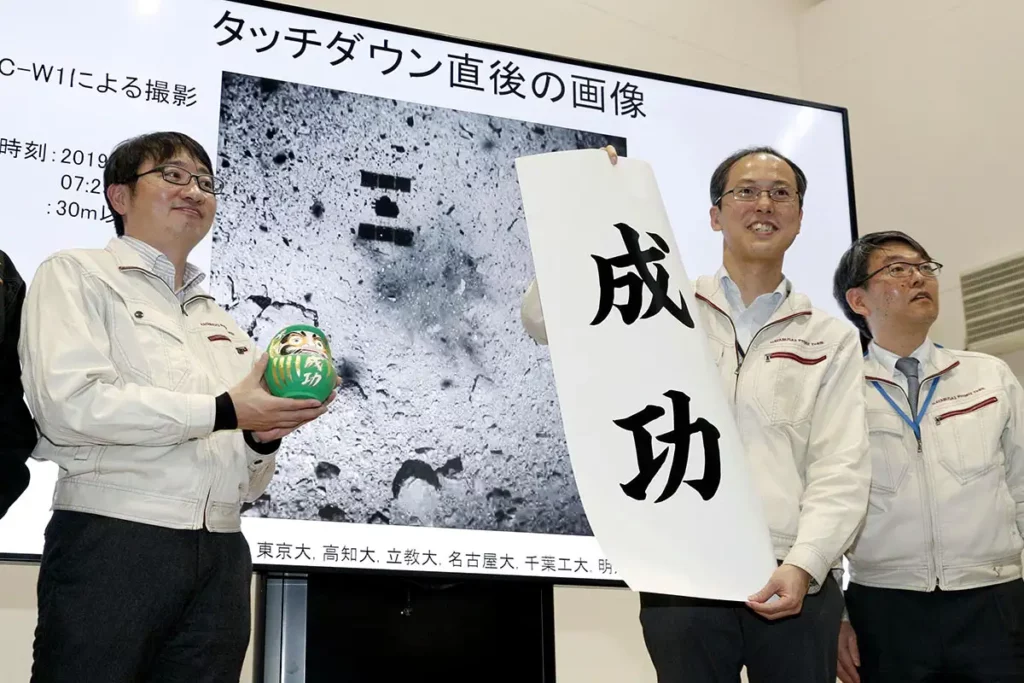
Recent space missions have been pivotal in unlocking asteroid secrets. NASA’s DART mission, aimed at redirecting an asteroid, and Japan’s Hayabusa sample returns have yielded rich data on asteroid composition and structure. These achievements are vital for future mining efforts, revealing what resources await and how best to extract them. Explore more about Hayabusa’s discoveries at Space.com.
8. Space Mining Startups: A New Gold Rush

The promise of asteroid riches has sparked a surge of space mining startups. Dozens of companies are developing technologies to harvest resources from asteroids and the Moon, racing to become industry leaders in a sector projected to reach trillions. Their bold ambitions and cutting-edge innovations are fueling intense competition and investment. Discover more about these pioneering ventures at Space.com.
9. NASA’s Lunar Regolith Contracts: The First Commercial Space Mining
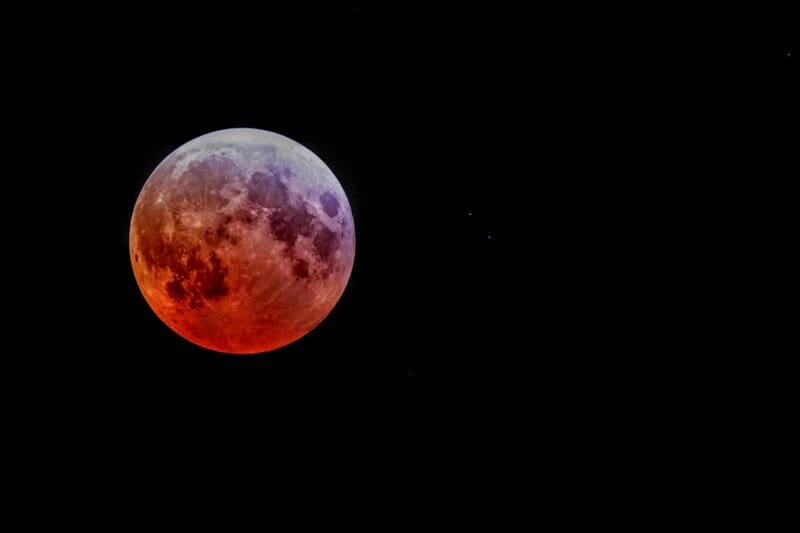
In 2020, NASA took a bold step by awarding contracts to four private companies to collect lunar regolith. The initial payments—just $15,000 for half a kilogram—underscore the nascent stage of commercial space mining. While the sums are modest, these contracts represent a historic shift toward private resource extraction beyond Earth. Learn more about this milestone at Milken Review.
10. The Market Shock: Supply Glut Could Crash Prices
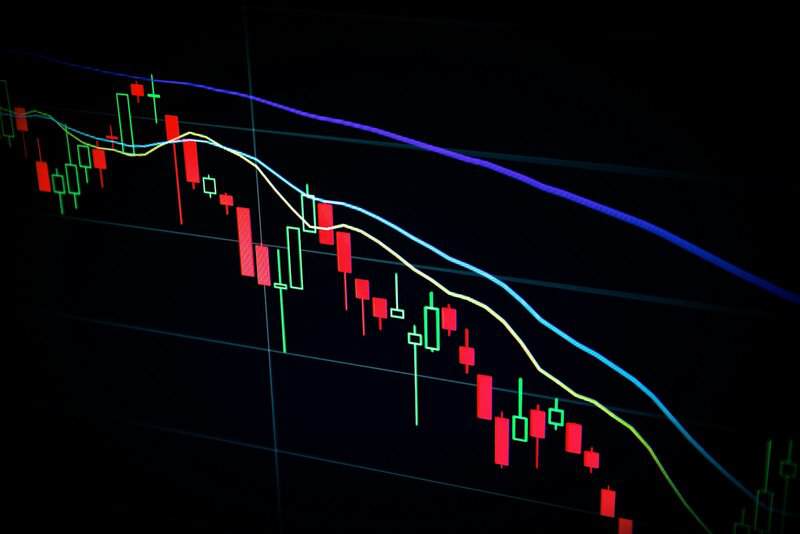
While asteroid mining promises unimaginable wealth, economists caution that returning vast quantities of precious metals to Earth could trigger a supply glut. Prices for gold, platinum, and other resources could plummet, wiping out profits and threatening the survival of early mining companies.
The potential for market disruption is real and could reshape global finance overnight. For a deeper analysis, see Wikipedia.
11. Propulsion Breakthroughs: Solar Sails & Ion Engines
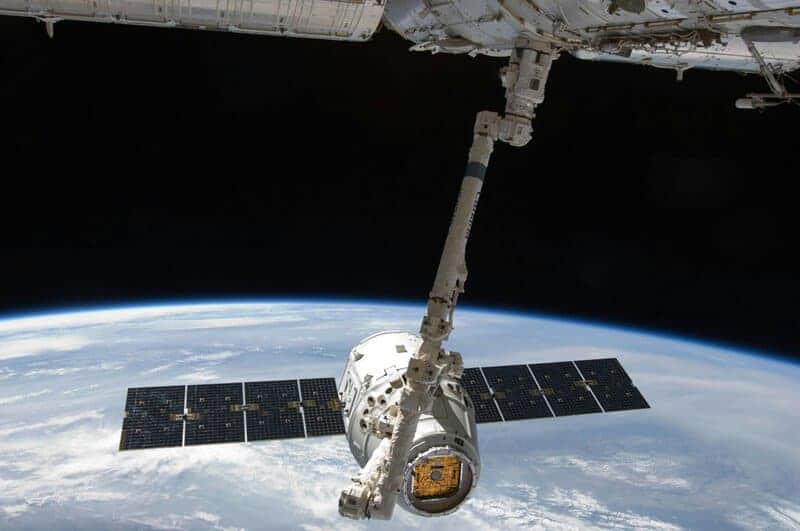
Revolutionary propulsion technologies such as solar sails and ion engines are making once-distant asteroids far more reachable. These advancements are crucial for enabling large-scale extraction and transport of space resources.
As these systems mature, they could dramatically lower costs and expand the range of viable mining targets. Read more about these technological leaps at Insights Success.
12. Regulatory Green Lights: National Laws and Artemis Accords

Legal frameworks are rapidly evolving to support space mining. Nations such as the US, Japan, Luxembourg, and UAE have enacted legislation granting companies rights to extract and own space resources.
At the international level, agreements like the Artemis Accords establish operational standards and promote peaceful, cooperative exploration—reducing legal ambiguity for investors and operators. Learn more about these pivotal developments in The New York Times.
13. The Asteroid Belt’s $100 Billion Per Person Potential

NASA has estimated that the asteroid belt holds enough mineral wealth to allocate over $100 billion to every person on Earth. Incredibly, a single kilometer-wide asteroid may contain as much as two billion tons of precious metals and resources.
These staggering figures highlight the vast, untapped economic potential waiting beyond our planet. Delve deeper into these estimates at HowStuffWorks.
14. Economic Winners: Who Stands to Gain?
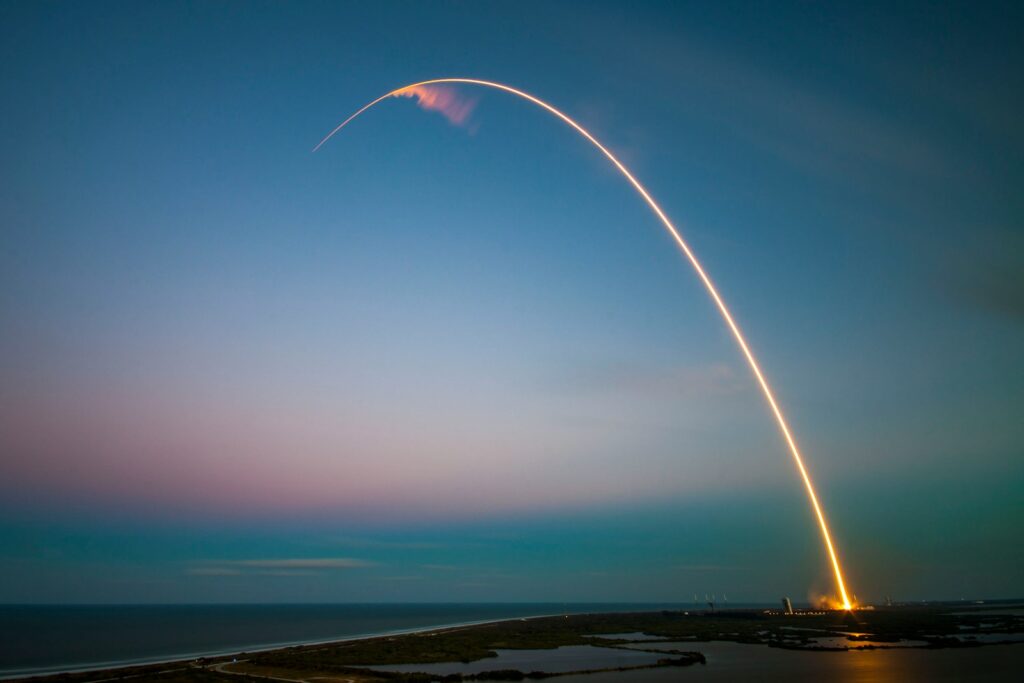
The advent of asteroid mining could create unprecedented wealth for early investors, leading technology firms, and countries with advanced space capabilities. These trailblazers may dominate the new space economy, shifting the balance of global financial power.
The stakes are enormous, as explored by Mining.com, with fortunes waiting for those who act first in this high-risk, high-reward frontier.
15. Fragile Fortunes: Early Ventures Face High Risks
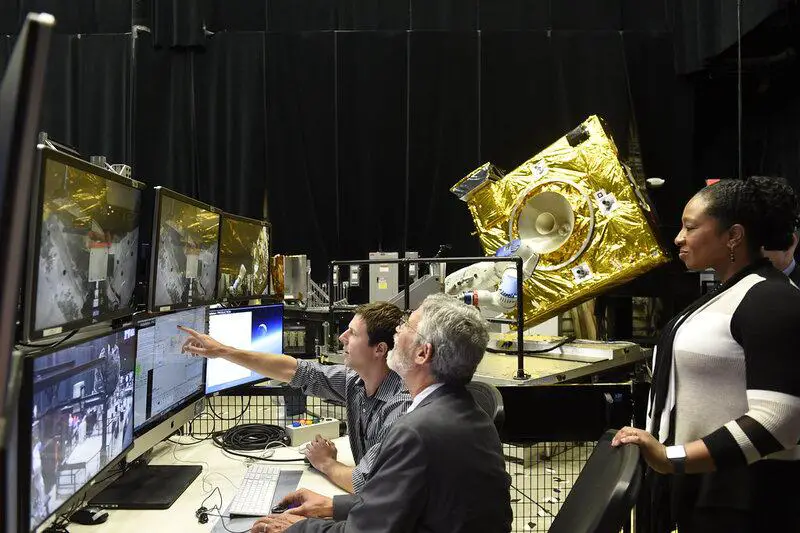
Despite dazzling projections, early asteroid mining ventures are fraught with technical, financial, and regulatory risk. The collapse or acquisition of pioneering companies has highlighted just how precarious the path can be.
Premature investment in unproven technology or volatile markets could easily lead to failure. As history shows, fortunes in space are as fragile as they are vast. More on these challenges at Wikipedia.
16. Space Infrastructure: In-Orbit Refueling and Manufacturing
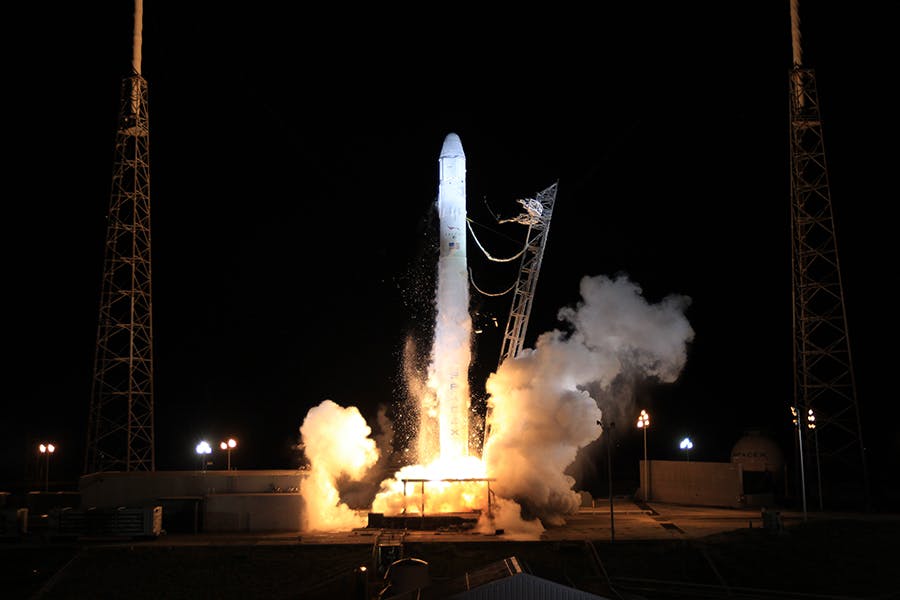
The ability to mine water and metals in space could revolutionize how we operate beyond Earth. In-orbit refueling and space-based manufacturing would enable deeper exploration, more ambitious missions, and significantly reduce our reliance on Earth’s resources.
These advancements could establish the foundation for a self-sustaining space economy. For more on the benefits and future prospects, visit Space.com.
17. Environmental Implications: Space Mining vs. Earth Mining
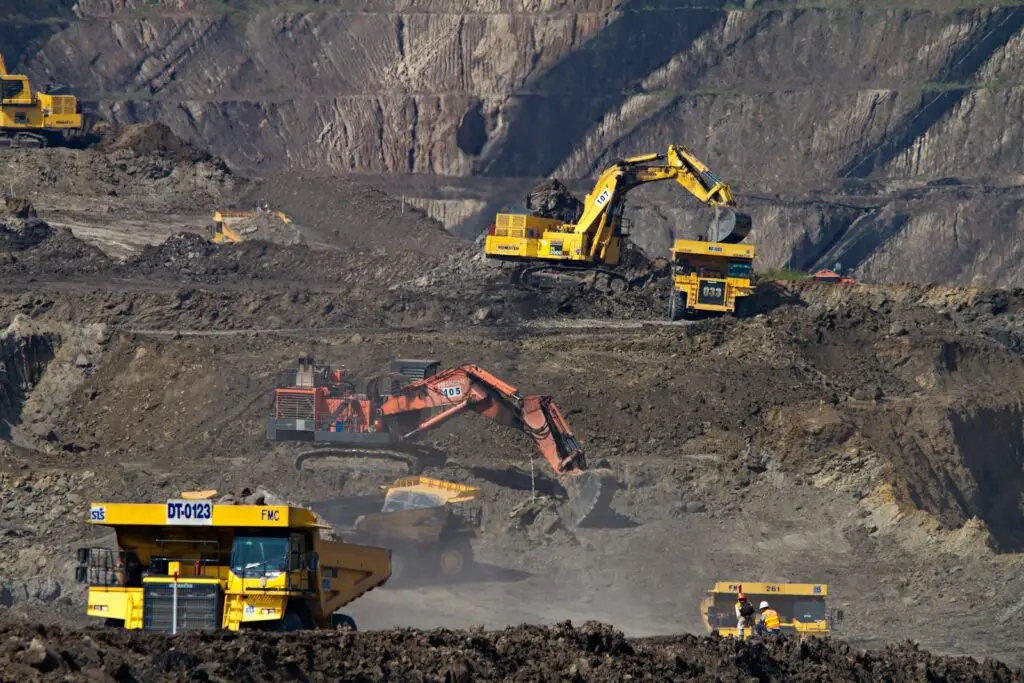
Asteroid mining offers the promise of reducing the environmental damage caused by mining operations on Earth. By shifting resource extraction off-planet, we could lessen deforestation, pollution, and habitat destruction.
However, this new frontier also brings ethical questions about space environmental stewardship and the long-term impact of altering celestial bodies. Explore these complex challenges at BBVA OpenMind.
18. National Security: Space Resources and Geopolitical Tensions

As nations race to secure access to space resources, geopolitical tensions are likely to intensify. Control over valuable asteroids and lunar materials could spark new forms of international competition and even conflict.
The quest for dominance in this emerging arena raises serious security concerns and strategic calculations for world powers. For a deeper analysis, see Brookings.
19. Technological Leapfrogging: Spin-off Innovations
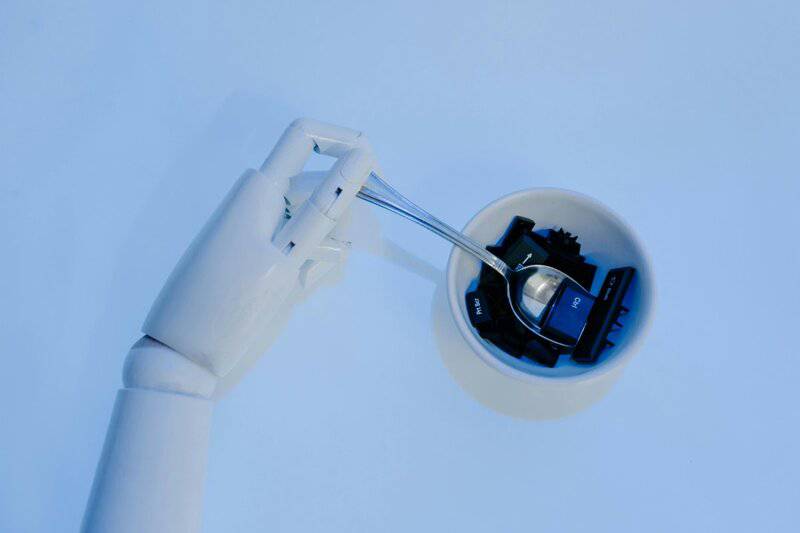
The extreme challenges of asteroid mining are accelerating breakthroughs in robotics, artificial intelligence, and automation. These advances will not only make space extraction possible but are also expected to generate powerful spin-off innovations for industries back on Earth.
As with past space programs, the ripple effects could transform everything from manufacturing to logistics. Learn more at IEEE Spectrum.
20. The Space Economy: New Markets and Industries
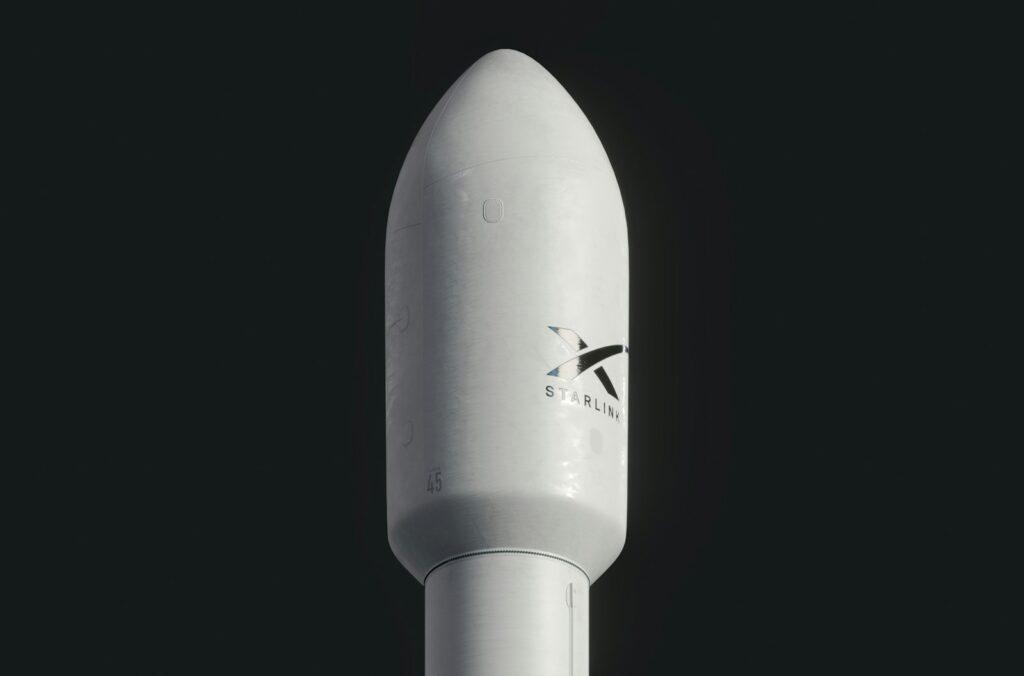
The rise of asteroid mining could spark the birth of a vast space-based economy, ushering in jobs, markets, and entire industries that are unimaginable today. Much like the computer revolution transformed the world, space mining may redefine economic possibilities for generations.
This emerging sector promises to reshape society in profound ways. For more insights, visit Space.com.
21. The Future: Will Asteroid Mining Save or Crash Earth’s Economy?
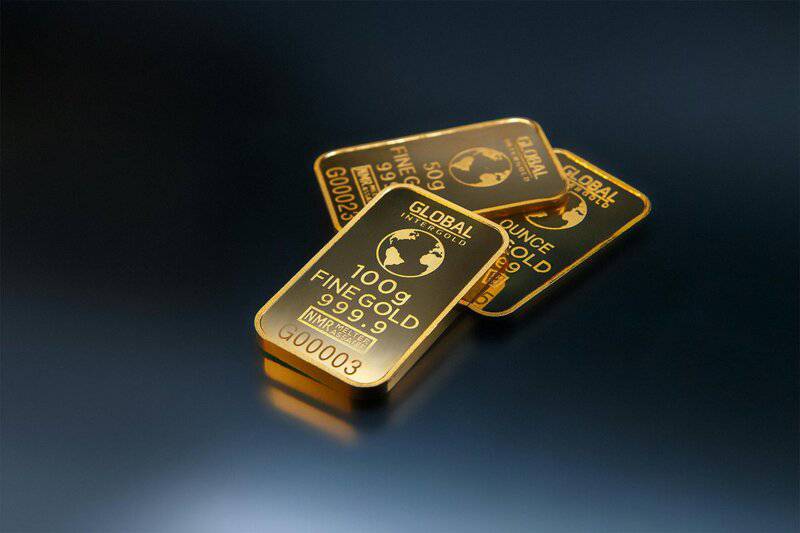
As asteroid mining advances, its impact on Earth’s economy remains hotly debated. Success could usher in a new age of abundance and prosperity, or it could unleash destabilizing resource gluts and economic chaos.
The world stands at a crossroads, with fortunes and risks inextricably linked. How this space wealth revolution unfolds is still uncertain. For further exploration, see Nature.
Conclusion
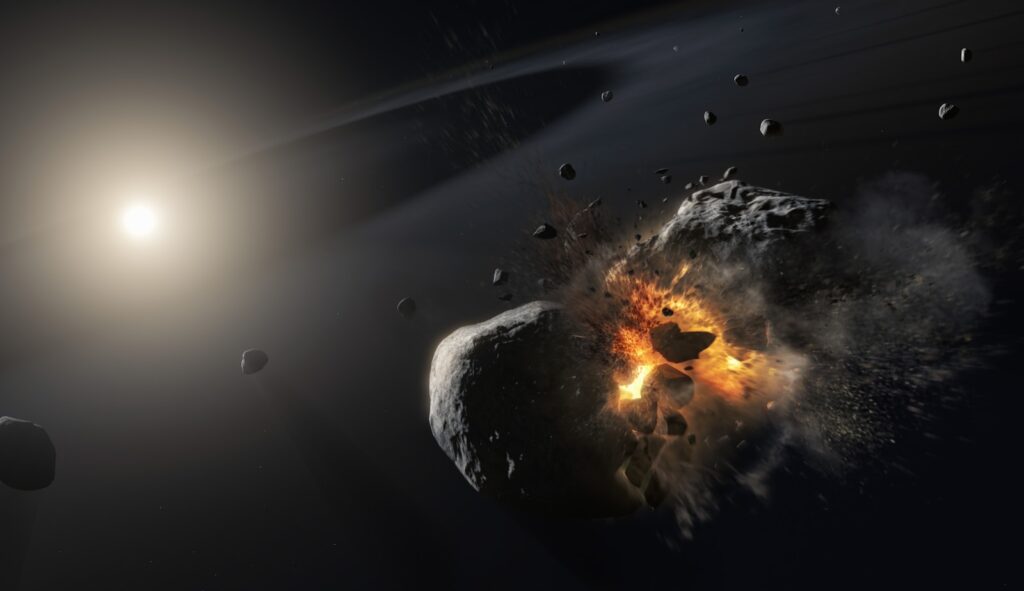
The dawn of asteroid mining represents a transformative leap for humanity, with the promise of unimaginable wealth and the power to reshape our economic landscape. Yet, this new frontier comes with profound risks—from market shocks to geopolitical tensions—that could destabilize existing systems if not managed wisely.
As we stand at the threshold of the space wealth revolution, it is crucial to approach these opportunities with foresight, robust regulation, and international cooperation. The choices we make today will define the legacy of space mining for generations to come.

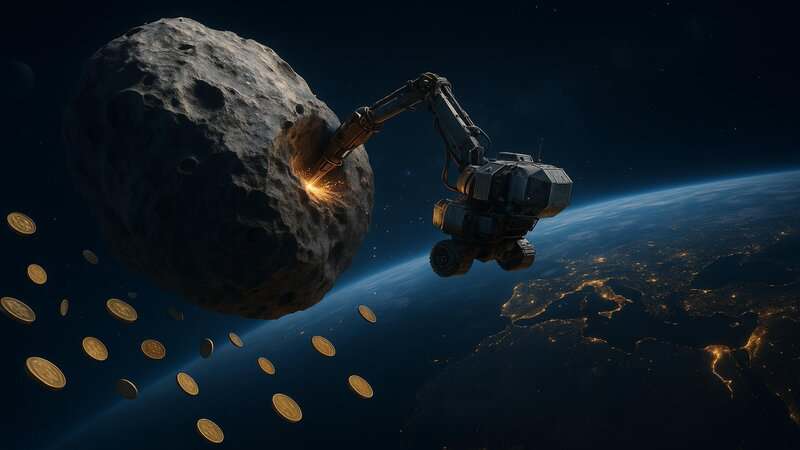

Vielleicht interessiert es Sie:
13 Extraordinary Giants Ready to Blow Your Mind! 🌍
10 Chonky Oddities That Will Leave You Speechless! 🤯
9 Unbelievable Absolute Units That Will Leave You Speechless! 🌟
10 Colossal Creatures That Will Leave You Speechless! 🐻
12 Shocking Absolute Units You’ll Have to See! 😲
12 Epic Absolute Units That Will Challenge Your Perceptions! 🔥
Uncover the 11 Ultimate Massive Oddities That Awe! 🌍
9 Unbelievable Oddities That Redefine ‚Massive‘! 🐉💎